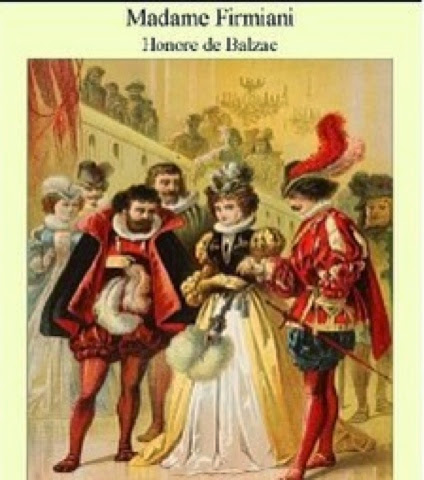"Parts of The Keepsake somehow brought to mind ancient death cults in Meso-American religion."-from my first post on The Keepsake (in September 2011)"
This is an update of a prior post on the occasion of my fourth reading of this great book with a few new observations added at the start.
Notes added after fourth reading
This is an update of a prior post on the occasion of my fourth reading of this great book with a few new observations added at the start.
Notes added after fourth reading
. Obviously I hold this book in very high esteem. After finishing my fourth reading I look forward to the fifth, hopefully in 2015. As I read this time I saw,I think,how the circular broken wheel structure of the narrative mirrors the life of the narrator. I saw deeper I hope into the perpetuation of cycles of abuse, I began to wonder if the narrator was sexually abused by her mother. There is much pain and loneliness in Ths Keepsake that it hurts to read but not as much as the pain of knowing it is there and looking away. There are deep things about old books and the reading life here but I do not yet feel I am close enough to an understanding to yet talk of it.
3rd reading observations
"Parts of The Keepsake somehow brought to mind ancient death cults or Meso-American religion."-from my first post on The Keepsake (in September 2011)
This is my third reading of a very amazing almost painfully beautiful very dark book, The Keepsake by Kirsty Gunn (1960, New Zealand). I hope to read it a number of more times.
There is so much in this book it is hard for me to know where to start. I found reading it the third time a very intense experience as I feel I am beginning to come to terms with the work.
Here is the goodreads description of the book (almost never do I quote third party descriptions but I need help here)
Through a shifting and interwoven narrative, Kirsty Gunn explores the dark world of a young girl who has grown up with a mother dependent on storytelling and the oblivion of addiction to cope with the memory of her lost love, the girl's father. Raised on these deceptive tales of happiness, the younger woman is drawn into and begins to relive the real story of pain, abandonment, and the tyranny of desire. Her shocking affair with an older man seems to repeat the pattern set by her mother. The tangled yarn of her mother's past begins to be unraveled by the younger woman - until finally she can come to tell a story that is her.
"Parts of The Keepsake somehow brought to mind ancient death cults or Meso-American religion."-from my first post on The Keepsake (in September 2011)
This is my third reading of a very amazing almost painfully beautiful very dark book, The Keepsake by Kirsty Gunn (1960, New Zealand). I hope to read it a number of more times.
There is so much in this book it is hard for me to know where to start. I found reading it the third time a very intense experience as I feel I am beginning to come to terms with the work.
Here is the goodreads description of the book (almost never do I quote third party descriptions but I need help here)
Through a shifting and interwoven narrative, Kirsty Gunn explores the dark world of a young girl who has grown up with a mother dependent on storytelling and the oblivion of addiction to cope with the memory of her lost love, the girl's father. Raised on these deceptive tales of happiness, the younger woman is drawn into and begins to relive the real story of pain, abandonment, and the tyranny of desire. Her shocking affair with an older man seems to repeat the pattern set by her mother. The tangled yarn of her mother's past begins to be unraveled by the younger woman - until finally she can come to tell a story that is her.
This is not a bad description but it misses the real core themes of the book, in my opinion. It is about love as obsession, incest, child molestation, reading and its role as a memory and a trapping device, about colonialism, about Europe, about drug addiction, the nature of evil, about human weakness and predators that feed upon it. I wish I could explain more but I cannot. The prose itself seduces us with its opiate like beauty just as the woman in the plot was seduced and destroyed.
There is a very dark beast lurking in the labyrinth , a mystery the narrator may or may not understand as her life progresses and as she falls in the same traps her mother did.













































